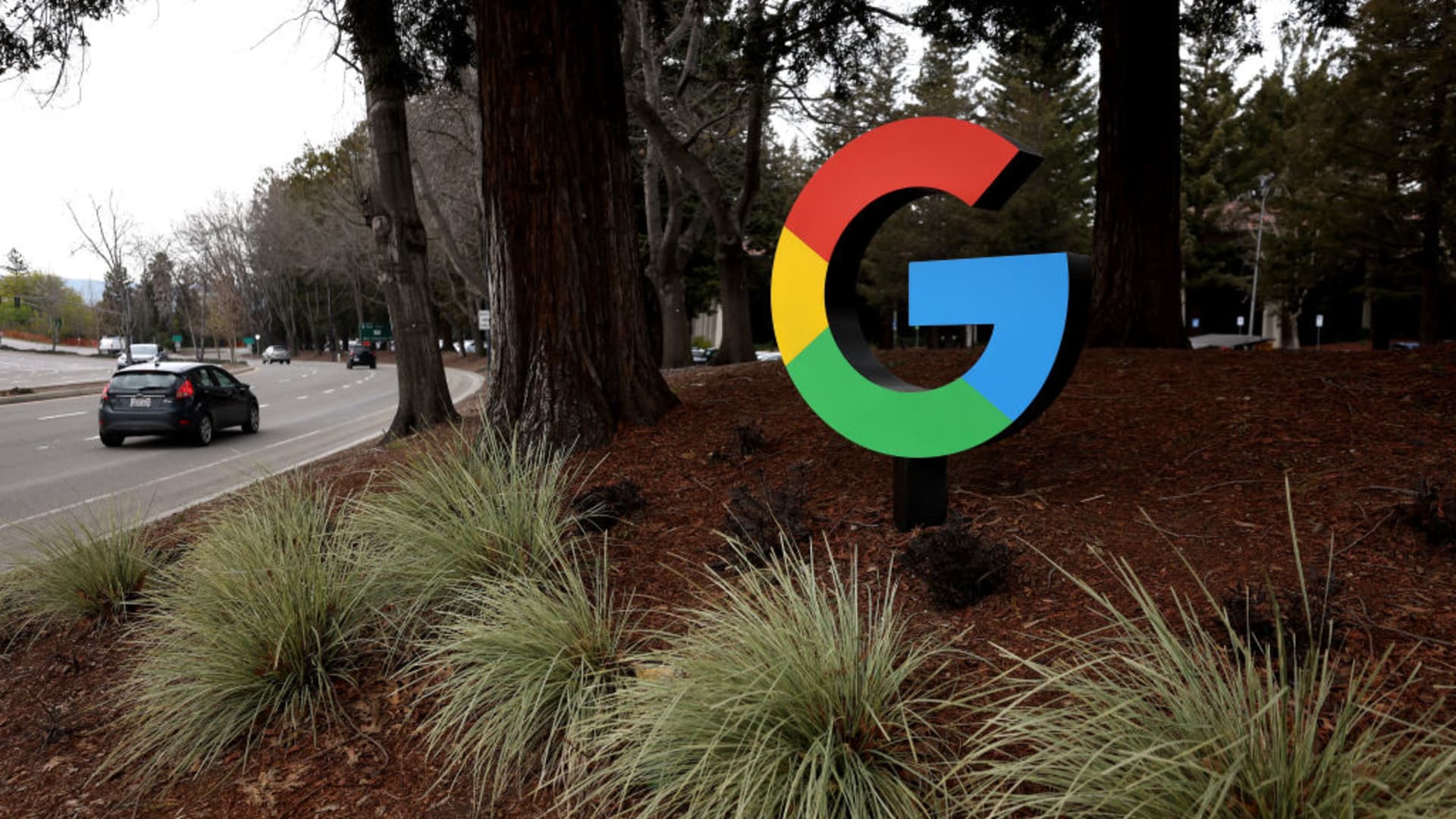GON
$100 Site Donor 2024
Interesting article. My takeaway is a large organization that generates revenue without competition/ without effort almost always becomes a undriven organization.
"The way I see it, Google has four core cultural problems," Seshadri said. "They are all the natural consequences of having a money-printing machine called 'Ads' that has kept growing relentlessly every year, hiding all other sins. (1) no mission, (2) no urgency, (3) delusions of exceptionalism, (4) mismanagement."

 www.cnbc.com
www.cnbc.com
"The way I see it, Google has four core cultural problems," Seshadri said. "They are all the natural consequences of having a money-printing machine called 'Ads' that has kept growing relentlessly every year, hiding all other sins. (1) no mission, (2) no urgency, (3) delusions of exceptionalism, (4) mismanagement."

Founder who sold his startup to Google says the company has lost its mission, is mismanaged and has no sense of urgency
A former Google employee said the technology giant is inefficient, plagued by mismanagement and paralyzed by risk.


